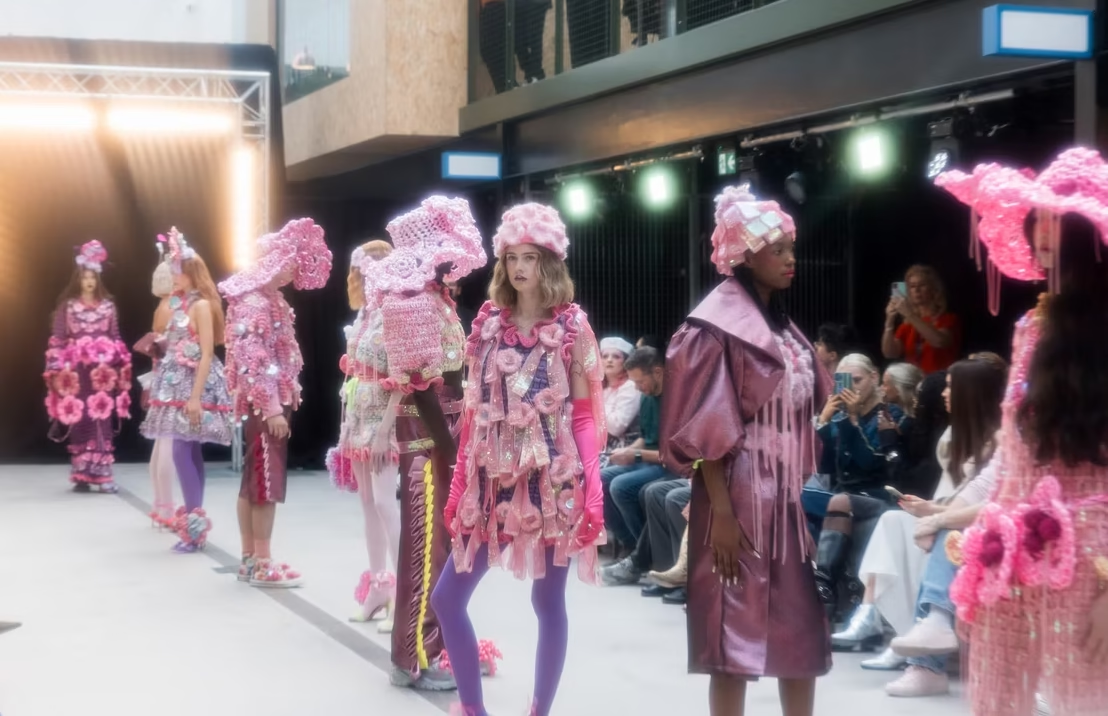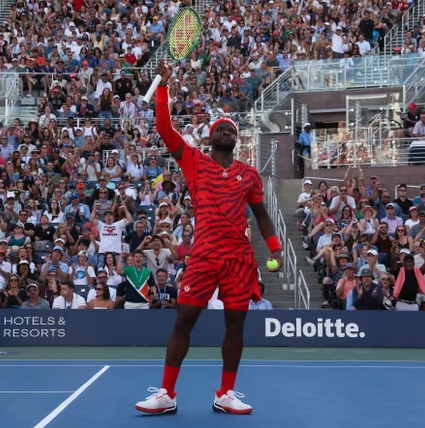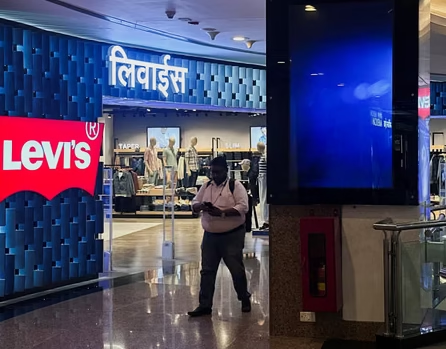Giorgio Armani, the Italian designer who transformed the way the world dresses and built one of fashion’s most powerful empires, has died at 91, his company announced Thursday.
“With infinite sorrow, the Armani Group announces the passing of its creator, founder and tireless driving force: Giorgio Armani,” the fashion house said in a statement.
Armani leaves behind a vast portfolio, from his Giorgio Armani and Emporio Armani labels to the couture line Armani Privé and the Armani Casa home and interiors brand.
He had missed his last three fashion shows in June and July due to illness and was expected to attend events later this month marking the company’s 50th anniversary, including a major exhibition in Milan.
A fiercely independent empire
Armani was the founder and sole shareholder of Giorgio Armani SpA, and throughout his career he resisted offers to sell to major luxury conglomerates. He often described independence as “an essential value.”
His debut collection in 1975 introduced a softer, more relaxed approach to tailoring. Longline jackets, pleated trousers, and flowing coats earned him the nickname “King of the Blazer.” He carried that same philosophy into womenswear, helping free women from the restrictive silhouettes of the time. His muted palette of greys and beige became a hallmark of understated luxury, long before “quiet luxury” became a trend.
Armani’s breakthrough came in 1980, when Richard Gere wore his designs in American Gigolo. The movie turned his suits into symbols of effortless sophistication and opened the door to a new kind of relationship between fashion and Hollywood.
Actors including Diane Keaton, Jodie Foster, Julia Roberts, and countless others went on to wear Armani on the red carpet, cementing his status as a go-to designer for film stars. Roberts’ oversized grey Armani suit at the 1990 Golden Globes remains an iconic look.
From medicine to fashion by chance
Born in Piacenza in 1934, Armani initially studied medicine before leaving university and joining the army. After his service, he began working as a window dresser and later a buyer at Milan’s famed La Rinascente department store.
He moved into menswear design at Nino Cerruti before launching his own label at age 41. His partner Sergio Galeotti, who managed the business side, convinced him to sell his Volkswagen Beetle to fund the company. Galeotti died in 1995, after which Armani carried on alone.
By 2021, Armani-branded products spanned hotels, restaurants, cosmetics, chocolates, and even floristry, generating about £3.5 billion that year.
In 2022, Armani shared the stage for the first time with longtime collaborator Leo Dell’Orco, signaling the beginning of a succession plan. Days before his death, he told the Financial Times that he wanted responsibilities to gradually pass to Dell’Orco, family members, and his trusted team, stressing that the transition should be “organic and not a moment of rupture.”
Tributes from around the world
News of Armani’s death sparked an outpouring of tributes from designers, actors, and athletes.
“The world lost a giant today. He made history and will be remembered forever,” Donatella Versace wrote.
Ferrari Formula 1 driver Charles Leclerc, who once fronted an Armani campaign, called it “a great honor to have had the chance to meet and work with such an amazing person.”
Julia Roberts posted simply: “A true friend. A legend.”
Actor Russell Crowe shared that he first discovered Armani when his luggage was lost on the way to the Cannes Film Festival in 1997. “So many significant moments in my life, awards, wedding, Wimbledon … all in Armani,” he wrote. “I adored him. He was so kind.”
Former Vogue editor Edward Enninful remembered Armani for championing young talent: “He always believed in me and gave me a seat at the table from day one.”
When asked in 2022 how he wanted to be remembered, Armani replied: “As a sincere man. I say what I mean.”





